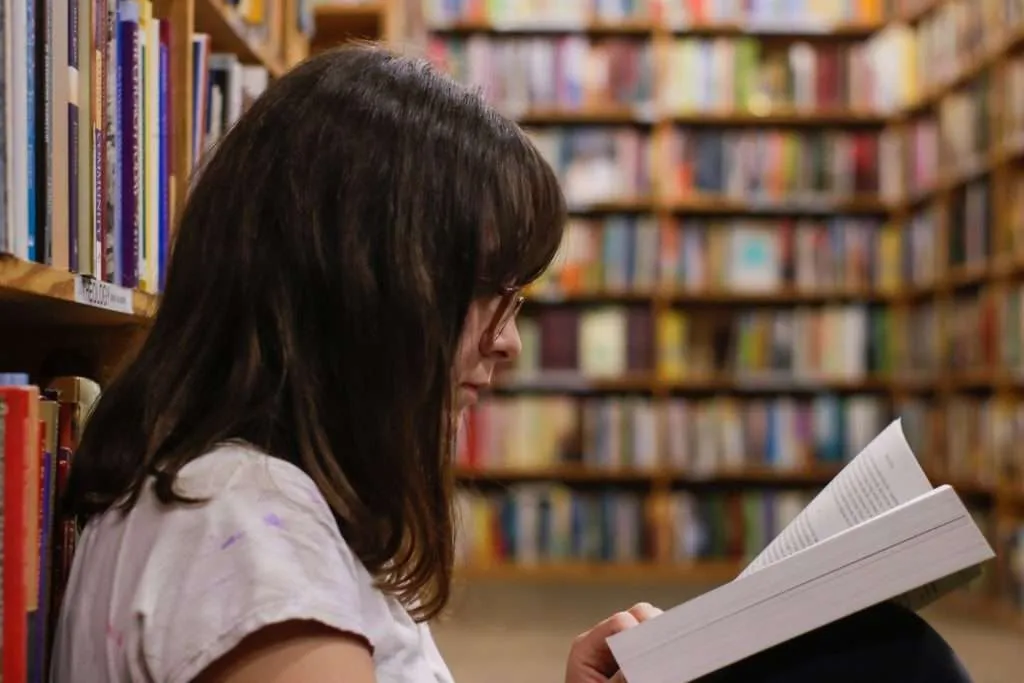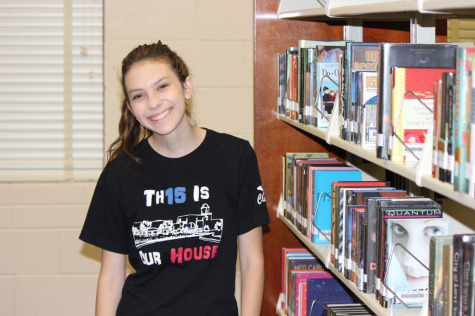Happy in Tehran
October 5, 2014
Pharrell Williams’ hit song “Happy” expanded across borders, and although it soon came to be nauseating, it was a catchy tune that made people across the globe break out into dance. Six young dancers in Iran proved this to be true when they made a music video of them dancing to that very song.
Dancing in Iran is against the law, and the six were punished to ninety-one lashes and six months imprisonment. The one who uploaded the video received an additional six months, sentencing her to a year in prison and on top of the ninety-one lashes. The video shows men dancing closely with women whose heads were illegally revealed, causing them to be convicted of vulgarity. Although they were all fully dressed, with the exception of their heads, one prosecutor even went so far as to call the video pornography.
These arrests caused uproar abroad, and even Pharrell expressed his dismay through a series of tweets, defending the young dancers. The video received many views on YouTube, raising public interest throughout the globe. Eventually, the dancers’ sentences were suspended, but could be carried out any time during the next three years if any of them get in trouble again.
Many are suspicious of the Iranian officials’ agendas. They are highly opposed to western culture, and do not want their youth to be associated with it in any form. Some also feel it’s a message to President Hassan Rouhani, who campaigned for less strict social, cultural, and political laws. When he heard of the injustice, he tweeted “#Happiness is our people’s right. We shouldn’t be too hard on behaviors caused by joy.” To which Pharrell replied, “Then free these kids..”
American citizens all too often take for granted the immense freedom received from being a part of this nation. Many have fought hard and lost lives to allow us simple freedoms like dancing in public. Although it’s not flawless, its principles and foundation have been the same since 1789, making it the longest surviving written form of government in the world. It allows its people not only freedom of expression, but freedom to speak out when they feel those rights are being violated.




































